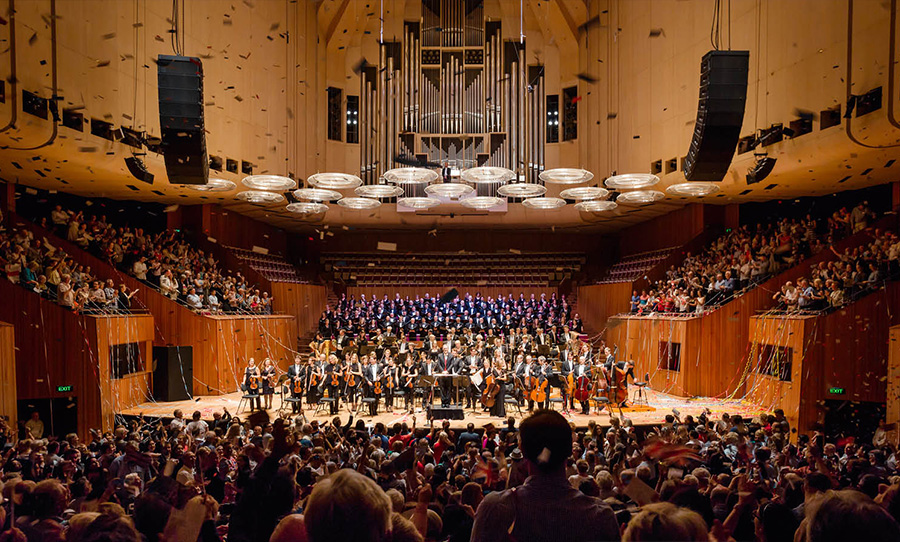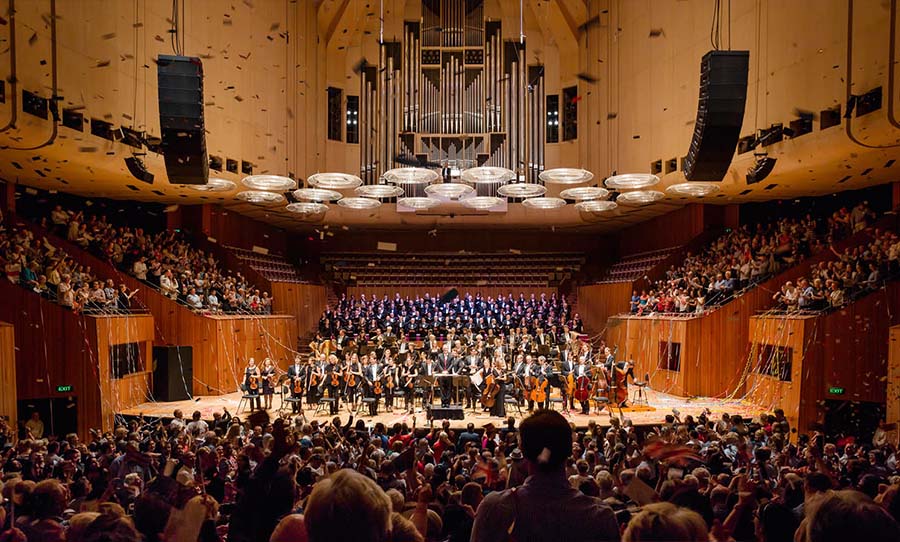Whether you’re at a rock concert, an opera, or taking in the talents of a live orchestra, the connection between us and the musician is strong and unnerving. You can feel the instruments buzz through you as they play, feeling as much emotion as the musicians themselves. Now, new research is suggesting that this is neurological; that our brain activity and that of the performers actually sync up.
It seems that how popular a piece of music becomes popular is also linked up to how effectively brain patterns sync up, suggesting that our minds have good reason for appreciating good music.

We are closer to understanding the science behind what is defined as “good music,” as scientists correlate brain patterns of musicians and audiences.
Previous research has delved into the way the brain responds to music, however this could be a first when it comes to the neural connection between audience members and performers.
“Music appreciation involves the brains of music producers and perceivers in a temporally aligned network through which audiences perceive the intentions of the performer and show positive emotions related to the musical performance,” the researchers write in their new paper.
In order to gain this information, researches used near-infrared spectroscopy scans to monitor blood flow using light, and in a study between a professional violinist and 16 audience members, the study found results to be consistent and show significant brain coherence between all test subjects.
The research involved the left temporal cortex which is linked to processing the rhythm of sounds, as well as the right inferior frontal cortex and the postcentral cortices which are both thought to help in social processes; in other words, assisting the brain to ‘walk in someone else’s shoes’.
The stronger the inter-brain coherence was, the more well-liked a piece of music was.
“This study expands our understanding of music appreciation,” conclude the researchers in their paper.
“These findings suggest that neural synchronisation between the audience and the performer might serve as an underlying mechanism for the positive reception of musical performance.”



